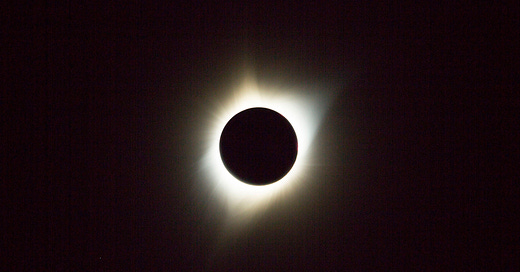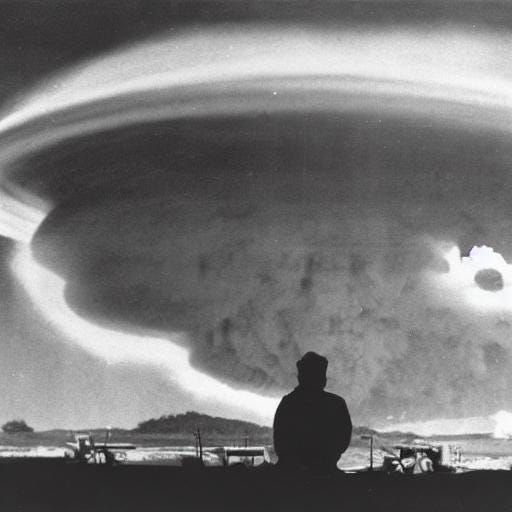About 5 years ago, Brazil held its first flat-Earth convention. I’m curious about why people seem drawn to conspiracy theories and decided to take a look at what happened in the convention. I came across an excellent blog by Paulo Sampaio describing some of the most bizarre things I have ever read. Here are some highlights for you:
The bulk of his research was conducted on social networks "from Brazil and abroad", where he learned that photos of the Earth taken by NASA (the American space agency) were not real, but produced with a compilation of images. Since then, some questions have been nagging him: "Why hasn't man gone back to the Moon if today's technology is so much more advanced? Why haven't other countries gone? Why do the USA have this hegemony?"
Gilberto Assef, 40 years old, with 37,000 followers on the channel "Flat Earth Reloaded", asserts that there are no reliable records of the actual existence of rockets and astronauts. "No one has ever seen a rocket leaving Earth. With about 1 minute of footage, they cut and insert computer graphics," he claims.
Regarding astronauts, Assef has no doubt that "it was all done in a studio". "They put a little string on the back of the guys' necks and pulled them up, to give the impression that they were floating". "Seriously, man."
Carlos Gênova, 56, tosses the law of gravity aside (fearlessly): "It's a theory they use to justify everything. Now, tell me: how is it possible for gravity to hold trillions of liters of water on Earth, while a seagull flies by above, lightly?"
"How did the President of the United States manage to speak on the phone with an astronaut on the Moon, in the 60s, and I often don't get reception to talk to the countryside of São Paulo with my cellphone?"
I could, of course, spend the next few lines pointing out how absurd these observations are. I’ve already mentioned on this blog that I believe scientific literacy is essential and that basic education needs to do a better job when it comes to debunking myths like this. In fact, you can read two posts that might interest you below:
The Quantum Leap of Pseudoscience and its Relation to Education
My close encounter of the third kind It was in 2007, on a hot and sunny afternoon, that I had my first contact with the alien. Don’t worry, this alien was not from any other planet, parallel universe, or another dimension. It was just a foreigner, more precisely an American from Salt Lake City, Utah. He was one of the owners of the English language schoo…
Why Science still matters (more than ever)
In 2019 I had the privilege of attending an event promoted by the Federal University of Goiás (UFG) with two great references of Brazilian science: Luiz Davidovich, president of the Brazilian Academy of Sciences; and Ricardo Galvão, former president of the National Institute for Space Research and former director of the Brazilian Center for Physical Research. This event made me think about how fundamental the role of science and scientific thinking is for future generations if we want to avoid the things we’re witnessing today. As teachers and educators, should we engage with this debate or should we “stick to our subject” without judging or questioning our students’ assumptions about things related to science? This post challenges the view of sticking to our subject based on the scenario depicted in these two scientists’ talks.
If you’re looking for the grim side of science, you might like:
On the brink of Destruction: A Cautionary Tale for AI Enthusiasts
Now I am become Death, the destroyer of worlds You might be familiar with this quote. It has been recently popularized in Christopher Nolan’s epic Oppenheimer, which I was lucky to watch just yesterday. This quote brings back memories. You might no…
I won’t go over those claims and I won’t spend my time trying to explain things. Instead, I’ve decided to welcome those who think science is wrong to a challenge. Just yesterday many people around the world witnessed something amazing. A total solar eclipse.








